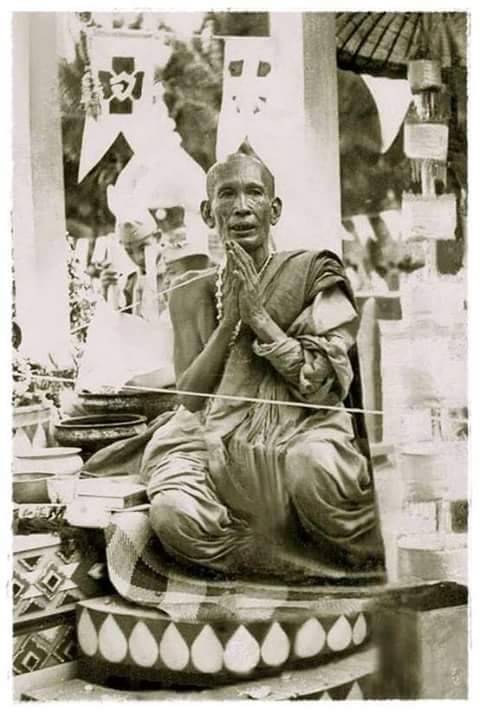
31 Jan Luang Phor Opasi Wat LP Opasi
Luang Phor Opasi, born in 2441, was a revered Thai Buddhist monk known for his profound spiritual practices and teachings.
He began his monastic studies at the age of 5 and became a novice at 13 at Wat Tai in Nakhon Si Thammarat. Recognizing his exceptional intellect, his teacher advised him to pursue further studies in a larger city. This led him to Wat Pho and subsequently to Wat Bowon Niwet in Bangkok, where he studied Pali and other languages.
In 2461, at the age of 20, he was ordained as a full monk at Wat Bowon Niwet, with the Supreme Patriarch serving as his preceptor. He diligently studied Buddhist scriptures and achieved the rank of Pali scholar, passing the 7th level of Pali studies. His scholarly achievements earned him the title “Maha Chuan,” reflecting his deep knowledge of Buddhist doctrine.
After encountering Luang Phor Kob, Luang Phor Opasi intensified his meditation practices, focusing on Vipassana (insight meditation). Despite never meeting in person, he was able to communicate with Luang Phor Kob through deep meditation and learned advanced wiccha (sacred knowledge) from him.
This remarkable connection allowed him to acquire powerful spiritual teachings and enhance his mastery of esoteric Buddhist wisdom.
He later adopted the unique practice of fire worship, which involved burning various items as offerings. This practice attracted many followers, including local Chinese communities who referred to him as a “sage” and offered items for his fire rituals.
In 2485, seeking solitude for his practices, he established the Bang Mod Hermitage in Thonburi, an area then known for its abundant orange orchards. The hermitage later developed into a monastery, now known as Wat Luang Phor Opasi.
His reputation for performing miracles and providing spiritual guidance attracted numerous devotees, including prominent figures such as Field Marshal Sarit Thanarat.
Luang Phor Opasi was renowned for his practice of Techo Kasina (fire meditation), which he used as a means to purify the mind and attain higher states of concentration.
He believed that flames could burn away spiritual defilements, bad karma, and obstacles in life. His fire rituals became a hallmark of his spiritual practice, drawing many to seek his blessings and witness the ceremonies.
During the early years at Bang Mod, coinciding with Thailand’s involvement in wartime, Luang Phor Opasi created various amulets and talismans, such as:
Cloth talismans
Inscribed cloth strips
Coins with holes
Leaden Buddha images
Powder-based amulets mixed with sacred soil
These items were believed to offer protection and invulnerability, with many devotees reporting miraculous experiences of being unharmed in dangerous situations.
Luang Phor Opasi passed away on October 31, 2498, but his teachings and sacred items continue to be highly revered.
His amulets are widely believed to enhance the baramee (spiritual merit) of the wearer and, through his fire wiccha, they also burn away bad omens and misfortune. As a result, only good things happen to those who wear his amulets and magic items.
Thus, many businessmen over the past few decades even until today love wearing his amulets, as they are known to bring great fortune and ensure a smooth, successful business journey.
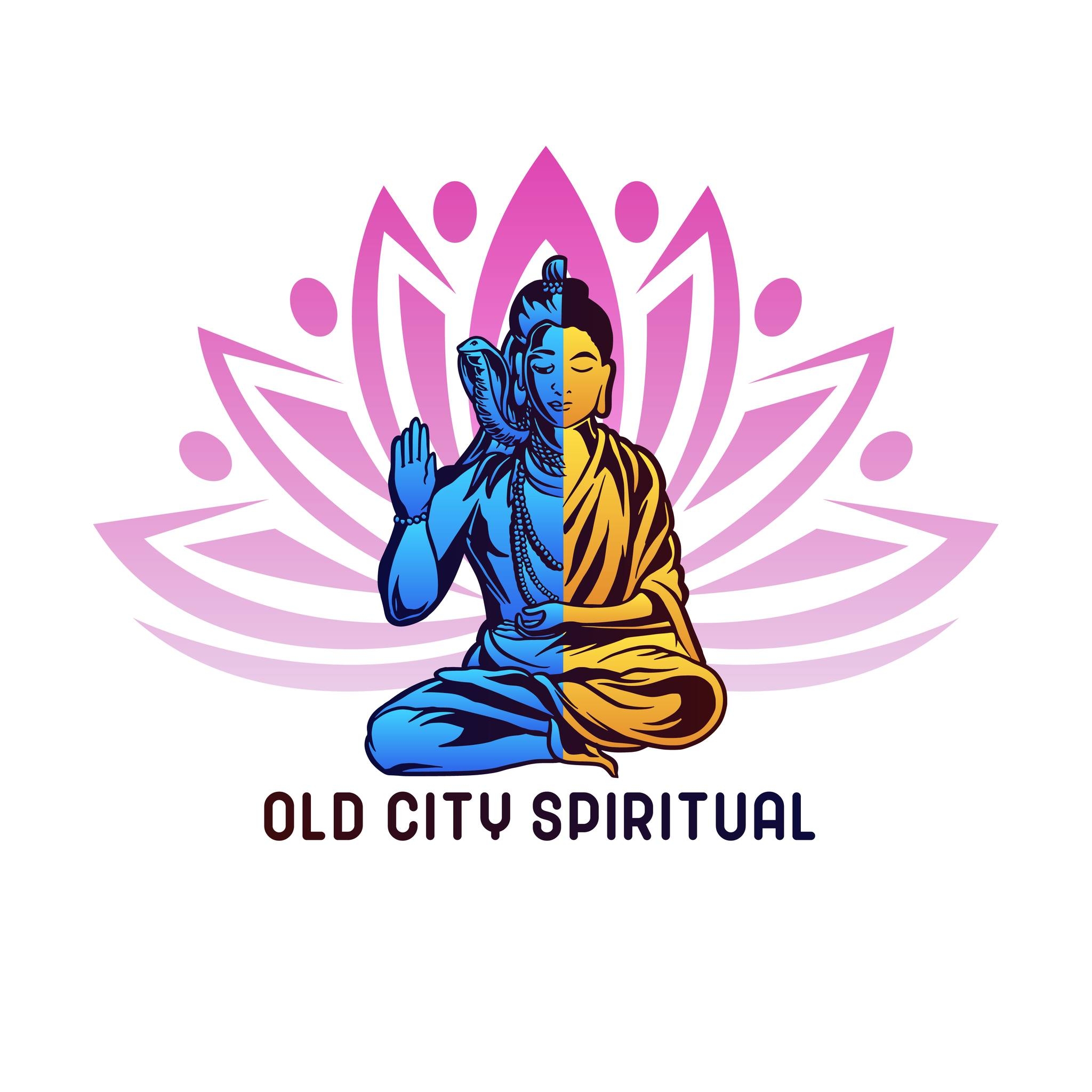


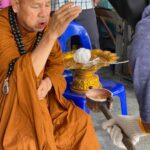
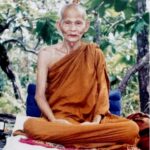
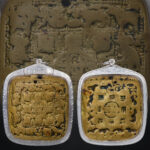
No Comments